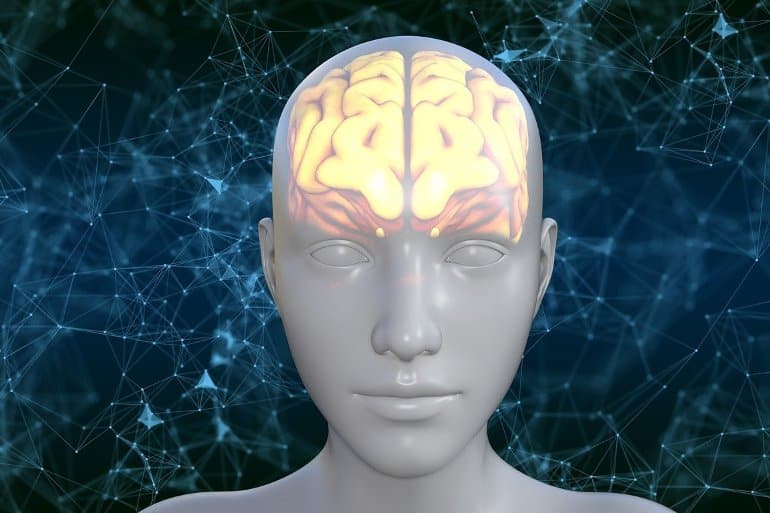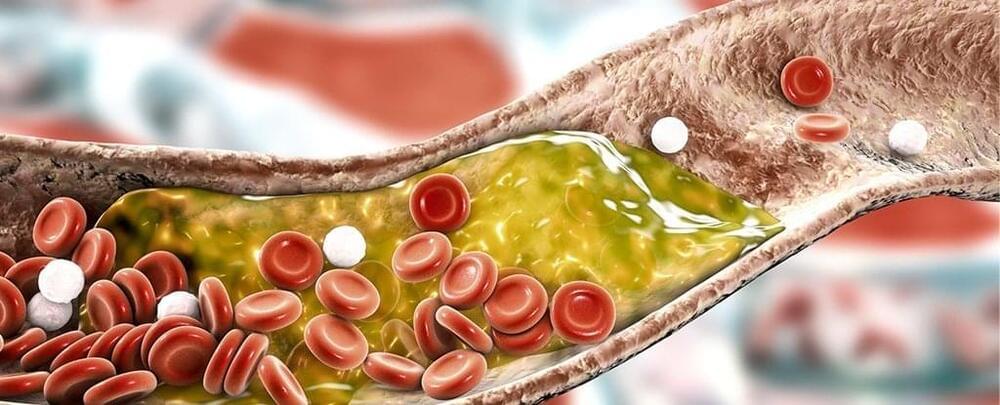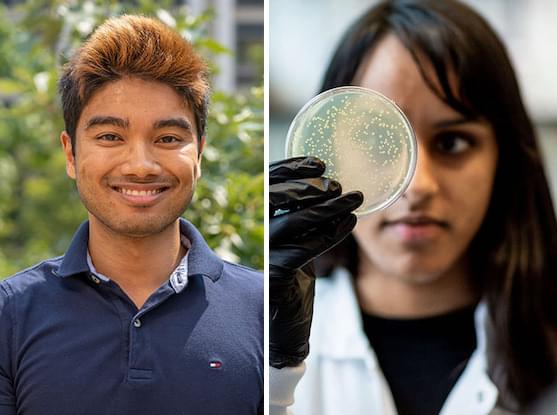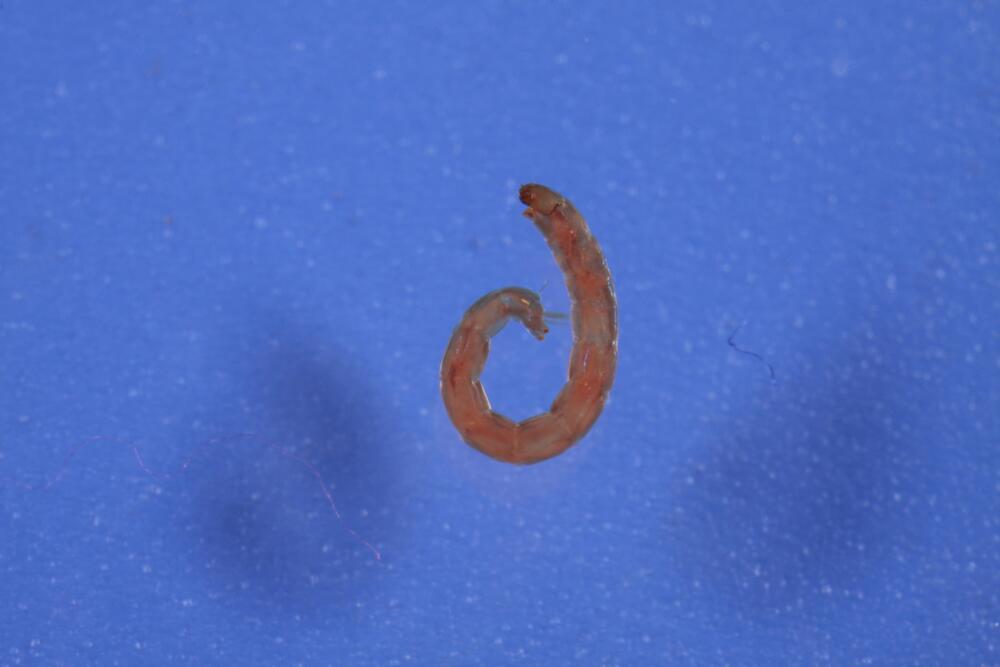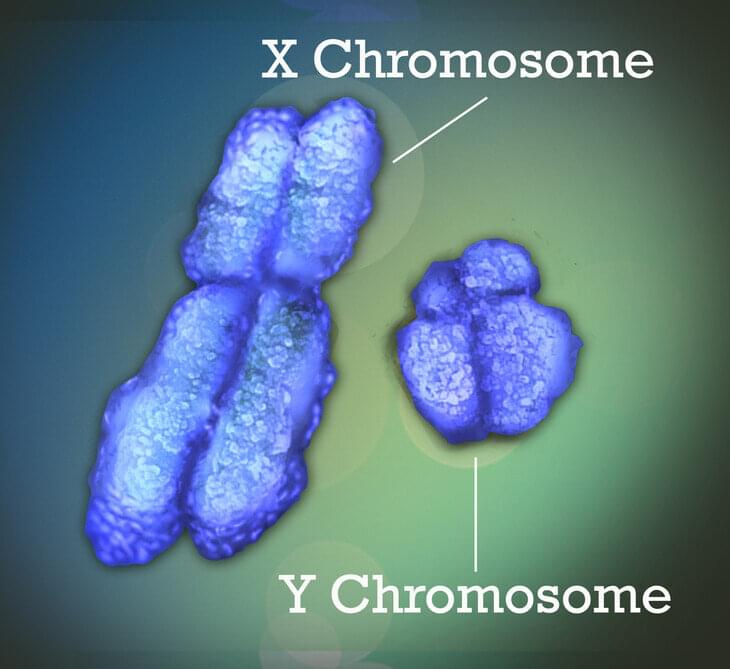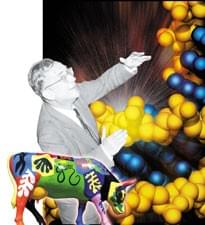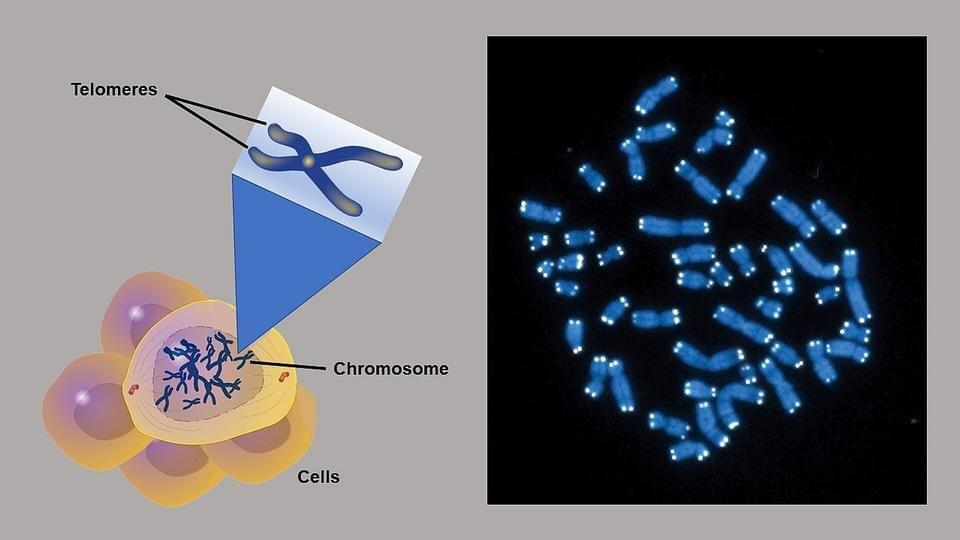Because the herpesvirus sits in neurons forever, there is speculation it is connected to neurodegenerative diseases. The immune system requires inflammation to constantly fight off the virus, and neurons have some degree of damage because of this continuous immune response, according to Dr. Tibor Valyi-Nagy, professor of pathology, director of neuropathology at UIC and research collaborator on the study.
Summary: Researchers discovered mutations of the OPTN gene resulted in increased herpesvirus 1 growth in the brains of mice, leading to the death of local neurons. This resulted in accelerated neurodegeneration. OPTN deficiency was also associated with impairments in immune response. While these findings are specific to the HSV-1 virus, researchers believe the findings may apply to up to eight herpesvirus infections.
Source: University of Illinois at Chicago
A new study by researchers at University of Illinois Chicago suggests that when the protein optineurin, or OPTN, is present in cells it restricts the spread of HSV-1, the herpes simplex virus type 1.
In a “first of its kind” study, researchers also found a potential direct connection between neurodegenerative diseases, such as Alzheimer’s disease, amyotrophic lateral sclerosis (ALS), glaucoma, and the herpesvirus, said Dr. Deepak Shukla, the Marion H. Schenk Esq. Professor in Ophthalmology for Research of the Aging Eye, and vice chair for research at UIC.
